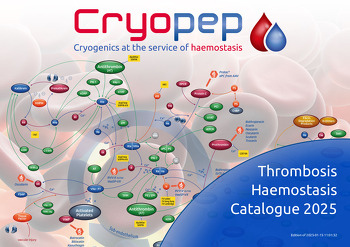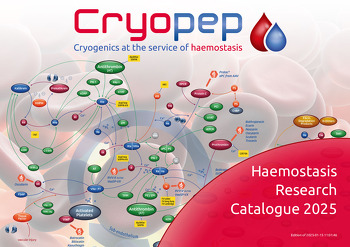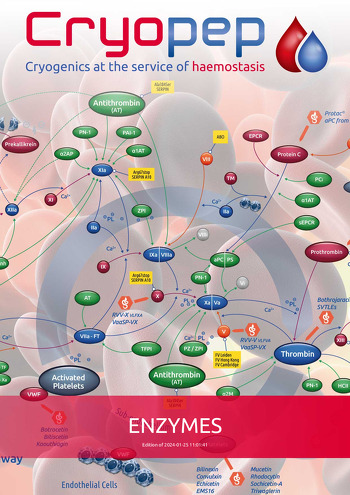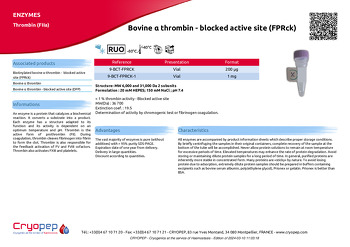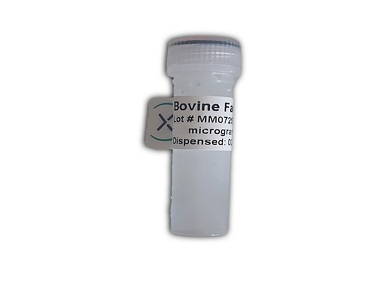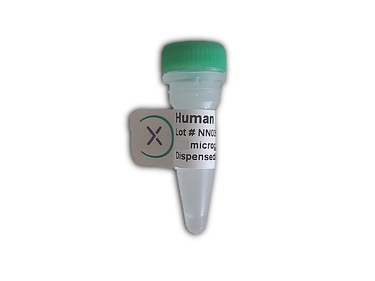HEMOSTASIS COAGULATION RESEARCH REAGENTS ENZYMES THROMBIN (FIIA)
Bovine α thrombin – blocked active site (FPRck)
Structure: MW 6,000 and 31,000 Da 2 subunits
Formulation : 20 mM HEPES; 150 mM NaCl ; pH 7.4
< 1 % thrombin activity - Blocked active site
MW(Da) : 36 700
Extinction coef. : 19.5
Determination of activity by chromogenic test or fibrinogen coagulation.
Advantages
The vast majority of enzymes is pure (without additives) with > 95% purity SDS-PAGE.
Expiration date of one year from delivery.
Delivery in large quantities.
Discount according to quantities.
Informations
An enzyme is a protein that catalyzes a biochemical reaction. It converts a substrate into a product. Each enzyme has a structure adapted to its function and its activity is dependent on an optimum temperature and pH. Thrombin is the active form of prothrombin (FII). During coagulation, thrombin cleaves fibrinogen into fibrin to form the clot. Thrombin is also responsible for the feedback activation of FV and FVIII cofactors. Thrombin also activates FXIII and platelets.
Documentation
Download the product sheetPrice list, safety data sheets and notices are accessible to our registered customers.
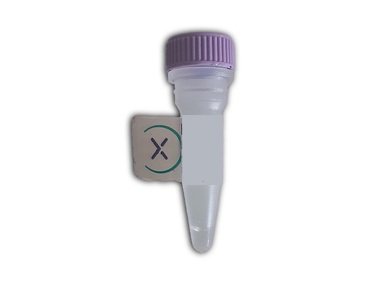





References
| 9-BCT-FPRCK | Vial | 200 µg |
| 9-BCT-FPRCK-1 | Vial | 1 mg |













